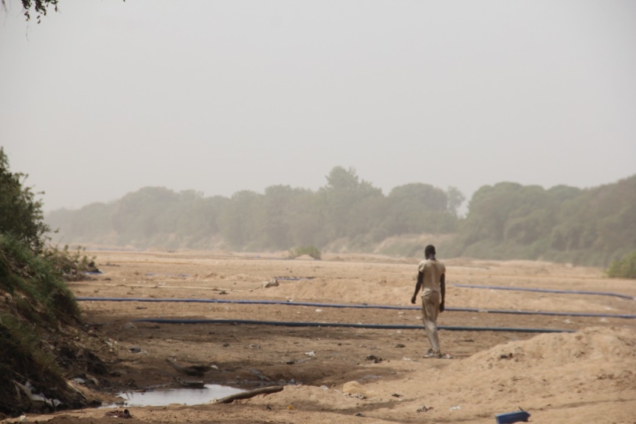Climate change is making outbreaks of disease more common and more dangerous, says the Pandemic Action Network, a platform ensuring that the world is prepared to respond to outbreaks and prevent the next pandemic.
Climate change impacts health both directly and indirectly, and is strongly mediated by environmental, social and public health determinants. Roughly, 60% of new pathogens come from animals, and roughly one-third of those can be directly attributed to changes in human land use.
According to the WHO, climate change is expected to cause approximately 250,000 additional deaths per year between 2030 and 2050, and the direct damage costs to health is estimated to be between US$2-4 billion per year by 2030.
“As the impacts of climate change grow, so do pandemic threats such as rising temperatures and deforestation directly linked to increasing risk of zoonotic spillover, infectious diseases, epidemic and pandemic threats,” said Aggrey Aluso, Director, Africa Region, Pandemic Action Network.
He was speaking at the first Africa Editors Climate Forum convened by the Kenya Editors Guild and Powershift Africa, under the coordination of AfricaonAir.
Aggrey observed that climate change is undermining every dimension of global health monitored, increasing the fragility of the global systems that health depends on, and increasing the vulnerability of populations to the coexisting geopolitical, energy, and cost-of-living crisis.
“Insufficient climate change adaptation efforts have left health systems vulnerable to climate change-related health hazards,”he said.
“Responding to the existing health impacts of climate change and minimizing future health threats demands urgent attention by the global community to advance rapid and large-scale action across health and other sectors.”
Without action, climate change could push more than 100 million people into extreme poverty by 2030.
Effective solutions to address climate change, and its impacts on health, remains slow and does not meet the scale of the challenge.
The human, economic, and social costs of inaction on both climate change and pandemics are enormous, far exceeding the estimated costs of preparation and prevention of pandemics or climate mitigation and adaptation, noted Aggrey.
The media, the scientific community, corporations, and country leaders are increasingly engaging in health and climate change, and new analysis shows that 86% of updated or new Nationally Determined Contributions now reference health.
Latest Stories
-
Western Region: NDC youth wing embarks on phase 2 of ‘retail campaign’
17 mins -
Action Chapel International holds annual Impact Convention in November
18 mins -
Jana Foundation urges young women to take up leadership roles
22 mins -
All set for Joy FM Prayer Summit for Peace 2024
33 mins -
Managing Prediabetes with the Help of a Dietitian
53 mins -
Joy FM listeners criticise Achiase Commanding Officer’s election comment
1 hour -
Legal Aid Commission employees threaten strike over poor working conditions
1 hour -
Ghana ranked 7th globally as biggest beneficiary of World Bank funding
1 hour -
IMF board to disburse $360m to Ghana in December after third review
2 hours -
Former Bono Regional NPP organiser donates 13 motorbikes to 12 constituencies
2 hours -
Securities industry: Assets under management estimated at GH¢81.7bn in quarter 3, 2024
2 hours -
Gold Fields Ghana Foundation challenges graduates to maximise benefits of community apprenticeship programme
3 hours -
GBC accuses Deputy Information Minister Sylvester Tetteh of demolishing its bungalow illegally
3 hours -
Boost for education as government commissions 80 projects
4 hours -
NAPO commissions library to honour Atta-Mills’ memory
4 hours

